Traditional Chinese Medicine vs Western Medicine 💊 The Complete Guide
Traditional Chinese Medicine vs Western Medicine | What’s the Deal?
Traditional Chinese Medicine vs Western Medicine – the grand old debate. Which one rules?
Let’s compare them and see the similarities and differences.
TCM vs Western Medicine – Visiting the Doctors
TCM vs Western Medicine – Foundation of Western Medicine
TCM vs Western Medicine – Foundation of Traditional Chinese Medicine
TCM vs Western Medicine – The Critics of Traditional Chinese
TCM vs Western Medicine – Western Medicine Treats the Disease but not the Person
TCM vs Western Medicine – TCM Believes in the Body’s Ability to Heal Itself
TCM vs Western Medicine – How Western Medicine and TCM Impact the Body
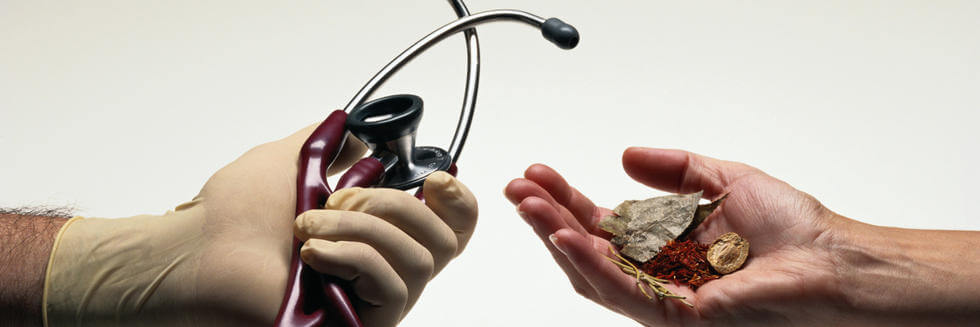
A Visit to the Doctors
At the hospital, the nurse comes to take the vitals of the new patient.
She puts the cuff on his upper arm, pressed the button on the reader and waits. She then sticks a thermometer into his mouth. The vital results seems normal.
She tells the patient to wait for the doctor soon and leaves the room.

A few minutes later, the doctor comes in. He listens to the patient’s heart with a stethoscope and proceeds with other routine examinations of the body.
When he is done, he sits down behind a computer screen and turned to the patient
“So, what brought you here today?”
By the end of their conversation, the doctor diagnoses the patient with a mild case of bacterial infection. So he prescribes the patient some antibiotics.
Does this sound familiar?
Many of us have similar experience when we visit the doctor. The use of blood pressure reader, the prescription of drugs like antibiotics, maybe even a blood exam should the doctor decide further testing is needed. These are all parts of what make up modern medicine.
Modern medicine, also referred to as conventional medicine or western medicine, is a system of medicine that began with Hippocrates some 2500 years ago in Greece.
Many of us have experienced western medicine first hand. We have received treatments from western medical doctors, western hospitals, and have taken drugs developed in the labs of pharmaceutical companies.
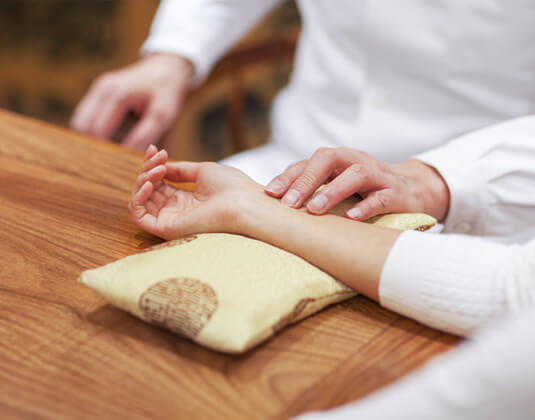
Compare the above with the experience of a visit to a Traditional Chinese Medicine doctor.
Instead of fancy medical equipment, you may be greeted with the strong smell of herbal medicine.
A TCM doctor examines the pulse by placing his index finger, middle finger, and ring finger on the patient’s wrist.
Instead of testing bodily fluids in lab equipment, a TCM doctor uses the “Wang, Wen, Wen, Qie”, looking, listening and smelling, asking, and touching to identify any abnormalities and make a diagnosis.
Many of us don’t have much experience with TCM because it’s not as widely accepted and mainstream as western medicine.

Hospital in China 👩🏾⚕️ No Need To Worry // Lenka and Tereza’s Story
Hospital in China – This is the story of Lenka and her daughter Tereza, from the Czech Republic. Unfortunately during their first month, Tereza became sick.
For the rest of this article, we will build on what we already know about western medicine, demystify TCM, explore the basis of both types of medicine, and discuss the advantages and drawbacks of each.
The Foundation of Western Medicine
You may have heard that the schooling to become a physician in the west is a long and gruelling process.
An aspiring doctor in the United States needs to take a number of mandatory courses in their undergraduate studies to qualify for admission to medical schools.
These courses include biology, chemistry, physics, biochemistry, organic chemistry, advanced math, and a few others.
Once admitted, students will then take courses like anatomy, physiology, microbiology, cardiology, just to name a few. It is not hard to see that Western medicine relies heavily on knowledge in the sciences.
Western medicine is an evidence-based system that emphasize scientific research and experimentation.
Take the discovery of penicillin for example.

Penicillin is one of the first antibiotics discovered in 1928 by Alexander Fleming.
The scientist returned to his lab after a holiday and realized he had forgotten to cover a plate of bacteria culture, which became contaminated with mould. Interestingly, the mould had prohibited bacteria growth on contaminated spots.
After this unexpected discovery, he then conducted many rounds of experiments in his lab to study and understand how the antibiotic works.
This was followed by extensive clinical trials.
All of this was done before penicillin could be used by the masses.
The same method has been used over and over again in Western medicine to develop new drugs and find cures to diseases.
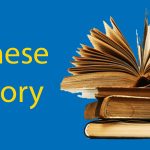
Chinese History 📚 Han Dynasty of China and the Roman Empire
Han China and the Roman Empire – To properly understand early Sino Roman contact we have to look way back, to the time of Alexander the Great.
The Foundation of Traditional Chinese Medicine (TCM)
TCM cannot be any more different.
For centuries, people from western cultures and the scientific communities have struggled to understand the concept of Qi, an elusive force that flows through our body.
Understanding Qi is essential to understanding TCM.
If you’re interested in Qi for post-partum women, check out our blog on the traditional recovery methods still followed.

Ancient Chinese believe that everything in the universe is interconnected; and that Qi, together with yin yang, and the five elements are what make up the universe, as well as our bodies.
These concepts has been around for thousands of years and a detailed explanation is beyond the scope of this article.
While Western medical doctors believe that most diseases are caused by micro-organisms such as bacteria and viruses, or genetic disorders, a TCM doctor believes illnesses are caused by imbalance of yin and yang and disrupted flow of Qi in the body.

During an acupuncture session, thin needles are inserted into various spots on the body. These points of insertion are not random.
They are usually found at locations along the channel through which Qi travels, the meridians.
By tapping into these points on the meridians, the acupuncturist is able to improve the flow of Qi in the body and consequently restore health.
If you are interested in how the concept of yin and yang apply to food and how the Chinese use it to regulate their diet, you can check out this article on Chinese food therapy.
There are proponents and critics of both western medicine and TCM.
Let’s now look at what the critics are saying and discuss the pros and cons for each.
Critics of Traditional Chinese Medicine: It’s Not Scientific and Unproven
Both western medicine and TCM are recognized by the World Health Organization.
However, the recent approval of TCM from the WHO was met with strong backlash.
Many argued that TCM is not scientific and unproven medicine, therefore should not be recommended in the mainstream global health care.
Critics cited many studies that showed TCM to be ineffective.
In addition, modern science have yet been able to identify neither Qi, the vital energy that courses through our body, nor the meridians, the channels through which Qi travels.
However, practices such as acupuncture is widespread in both China and abroad and many have claimed that these Traditional Chinese Medicine practices have helped them relieve pain or lose weight when western medicine proved to be futile.
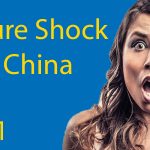
Culture Shock in China || 10 Things That WILL Shock You
Culture Shock in China can happen to anyone at any time, and it affects everyone differently. China, however, is in a whole different league. We explain why.
Western Medicine Treats the Disease but Not the Person
Western Medicine places a strong emphasis on pathology, or the study of disease.
What it does really well is breaking down every aspect of a disease and how it affects the body.
With the help of modern technology and innovative scientific and medical equipment, we are able to understand what happens to our body at the microscopic level when we’re sick.
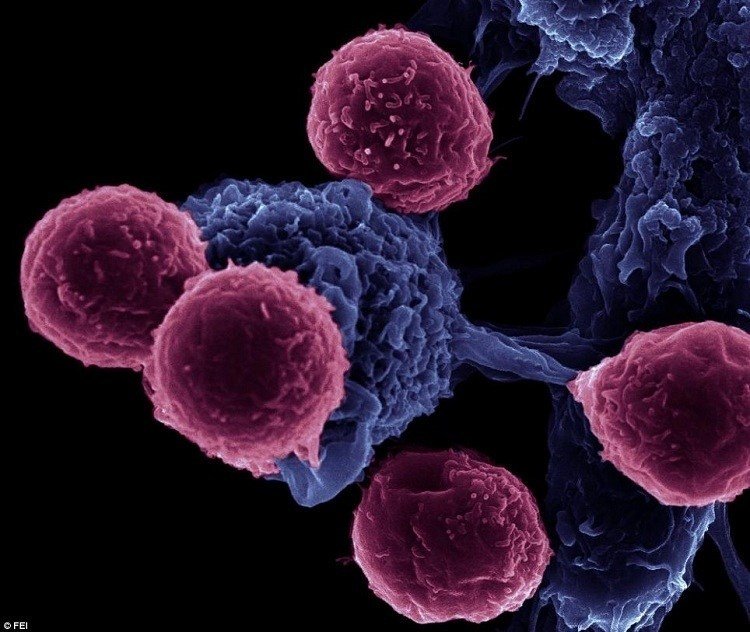
However, this also contributed to the singular focus of treating the disease on a sick patient.
Not much emphasis is placed on the cause of the disease or the person’s contribution to the disease.
In other words, two patients with the same disease are often being treated the same way, irrespective of their lifestyle, emotional health, or any other factors that might have contributed to the disease.
That said, by directly targeting the disease, western medicine is able to encourage rapid healing and this is especially effective for acute diseases.
TCM Believes in the Body’s Ability to Heal Itself
On the contrary, the approach of TCM is more holistic.
TCM doesn’t treat the disease, instead it treats the body.
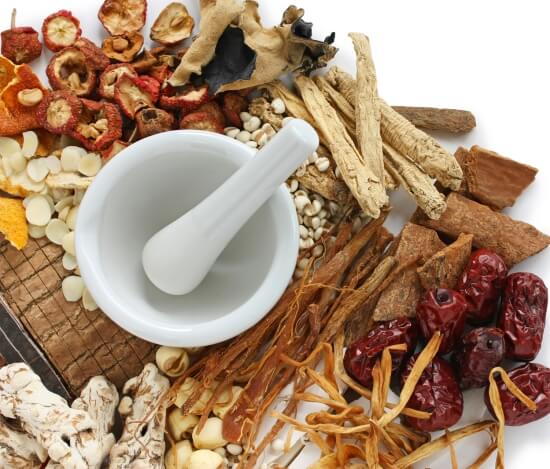
A TCM doctor will look at your body as a whole to identify the type of imbalance you have and give you ways to restore it back to balance.
Traditional Chinese Medicine believes that a body in balance is a healthy body; and that healthy and balanced body has the ability to heal itself.
TCM places a strong focus on 调养, which translates to nursing the body back to health.
Treatments may include herbal medicine, acupuncture, and food therapy.
This type of treatment often takes a while to see results and appears most effective for chronic illnesses.
How Western Medicine and TCM Impact the Body
TCM treatments, as just described, tend to be mild and have minimal negative impacts on the body.
This is not the case with western medicine.
Many western medicine treatments are invasive to the body and prone to negative side effects and risks.
Common over-the-counter drugs can often cause drowsiness and therefore dangerous to take before driving.

Aspirin, a common painkiller, can cause a slew of side effects such as heartburn, upset stomach, nausea and vomiting.
On rare cases, the side effects are more severe including seizures and stomach ulcer.
This is especially notable in more serious diseases that require more aggressive treatments.
For instance, treatments for cancer often include chemotherapy and radiation therapy, both of which not only kill cancerous cells in the body, but healthy cells.
They also weaken the immune system, exposing the body to higher chances of infection.

Simplified or Traditional Chinese? Which One Is Right For Me in 2023?
Simplified Chinese vs Traditional Chinese 🤔 This will depend on your goals and where you want to study or live. Let’s help you decide.
Traditional Chinese Medicine vs Western Medicine – Conclusion
A lot of people will ask, is one really better than the other?
Instead of comparing the two, I think it’s much more constructive to ask how they can work together.
While they are vastly different, they can also complement each other.
At the end of the day, the goal of any type of medicine, western or TCM, is to help people achieve better health.
Traditional Chinese Medicine – FAQ’s
What does TCM stand for?
TCM is the abbreviation for Traditional Chinese Medicine.
Are TCM and Western Medicine different?
TCM and Western Medicine couldn’t be more different in truth.
Find out the key points here.
What are typical examples of TCM?
Typical examples of Chinese Medicine may include herbal medicine, acupuncture, and food therapy.
Are there critics of TCM?
Yes, many.
Their main argument is that TCM is not scientific and is an unproven medicine, therefore should not be recommended in the mainstream global health care.
Critics cited many studies that showed TCM to be ineffective.
What is the main concept/beliefs around the usage of TCM?
Ancient Chinese believe that everything in the universe is interconnected; and that Qi, together with yin yang, and the five elements are what make up the universe, as well as our bodies.
These concepts has been around for thousands of years and a detailed explanation is beyond the scope of this article.
What do critics of Western Medicine argue?
The main argument is Western Medicine treats the disease but not the person.
In other words, two patients with the same disease are often being treated the same way, irrespective of their lifestyle, emotional health, or any other factors that might have contributed to the disease.
Want more from LTL?
If you wish to hear more from LTL Mandarin School why not join our mailing list.
We give plenty of handy information on learning Chinese, useful apps to learn the language and everything going on at our LTL schools!
Sign up below and become part of our ever growing community!




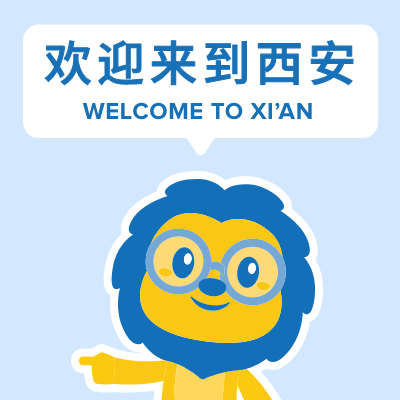

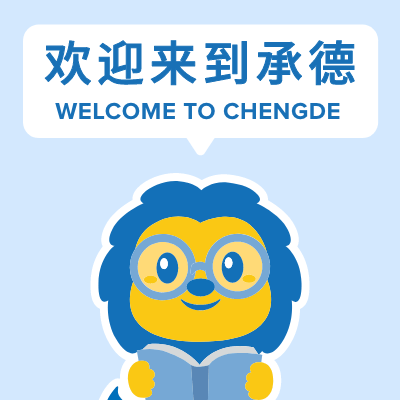

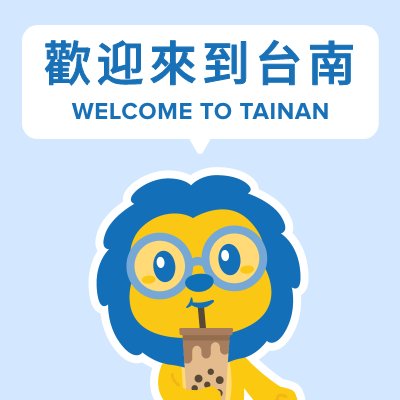

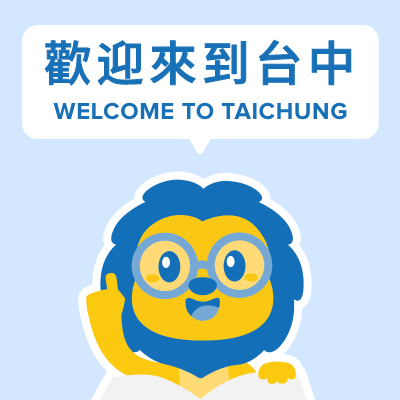






 Hi, my name is Manuel! I am from Spain and I am a Student Advisor at LTL. I’m now based at our Seoul School after living 3 years in Taipei.
Hi, my name is Manuel! I am from Spain and I am a Student Advisor at LTL. I’m now based at our Seoul School after living 3 years in Taipei. Hi, my name is Mojca! I am from Slovenia in Europe and I work as a student advisor at our Shanghai school.
Hi, my name is Mojca! I am from Slovenia in Europe and I work as a student advisor at our Shanghai school.
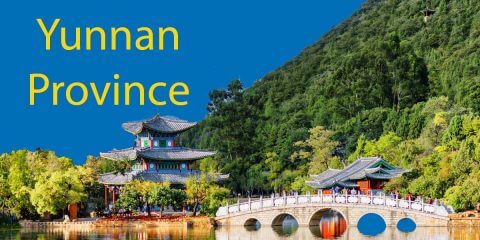
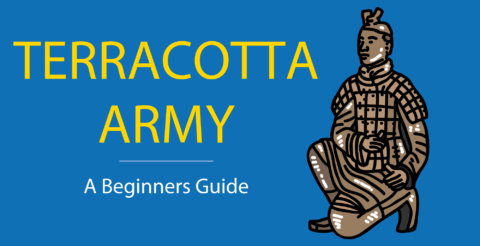
11 comments
[…] Differences Between Traditional Chinese Medicine and Western Medicine […]
[…] Differences Between Traditional Chinese Medicine and Western Medicine […]
[…] according to traditional Chinese medicine, which functions in relations to seasons and hot/cold food, weather, etc, it is best to eat duck […]
[…] DID YOU KNOW – Today magnolias are symbols of beauty. They are a common ingredient in traditional Chinese medicine. […]
[…] you know that according to traditional Chinese medicines, that people should drink tea based on different […]
Nice compares here, really amazing how they differ so much
Yes really, they couldn’t be more different!
[…] it’s just a small problem like asking for medicine for a headache or something a bit more serious it’s good to know how to describe your […]
That’s a great article! It would be also nice to mention the actual characters for the different concepts discussed here such as the “Wang, Wen, Wen, Qie” method, 5 elements, herbal medicine, acupuncture etc.
Thanks for the comment Ben. That’s a great idea actually, we’ll look into this and try to expand on it some more. Appreciate the comment.
[…] Next we have another ch’i, but this is different to the chi in tai chi. This comes from the Mandarin 气 qì which in this context means “vital energy” and is an important part of traditional Chinese medicine. […]